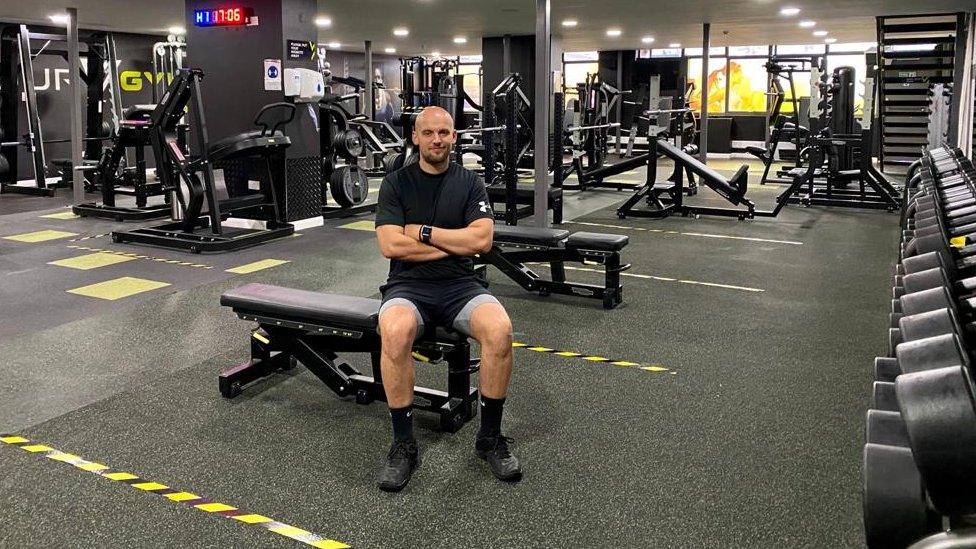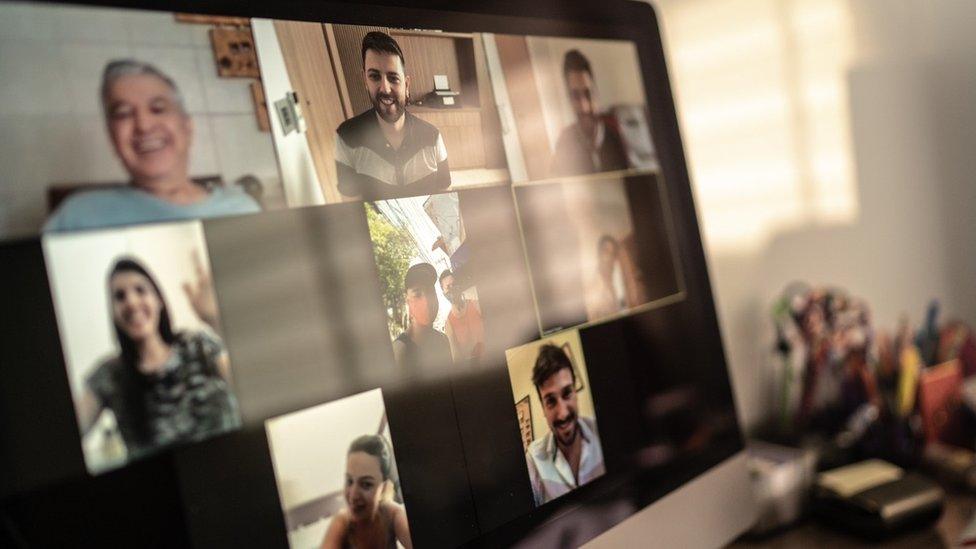Coronavirus: Second wave warning, lockdown easing and NUS action
- Published
Here are five things you need to know about the coronavirus outbreak this Wednesday morning. We'll have another update for you at 18:00 BST.
1. Second wave warning
Health leaders are calling for an urgent review to determine whether the UK is properly prepared for the "real risk" of a second wave of infections. The presidents of the Royal Colleges of Surgeons, Nursing, Physicians and GPs urged the government to examine "areas of weakness where action is needed urgently to prevent further loss of life". Is a second wave inevitable? Our health correspondent James Gallagher looks closely. The warning comes after the prime minister announced a wholesale easing of lockdown in England from 4 July - here's all you need to know on that.
What factors determine a potential second wave of Covid-19 infections?

2. Reopening advice being studied
Businesses told they can reopen in 10 days' time are looking at detailed guidance on the measures they must put in place - for example, around requiring customers to provide contact details. Not all sectors of the economy received good news, though. Hear from some of those left disappointed. Rent day has also arrived for struggling retailers, adding even greater pressure. In Scotland, more detail on dates for lockdown easing will be announced later.

Gym manager Rob Ward was prepared for reopening, but has been left dismayed

3. Briefings stopped
Whatever happens next we won't be told about it in a daily government press conference - they're being scrapped. From now on televised briefings will be given on an "ad hoc" basis to "coincide with significant announcements," Downing Street says. Conservative MP and former minister Tobias Ellwood criticised the move during an "enduring emergency", as did acting Lib Dem leader Sir Ed Davey.
Allow X content?
This article contains content provided by X. We ask for your permission before anything is loaded, as they may be using cookies and other technologies. You may want to read X’s cookie policy, external and privacy policy, external before accepting. To view this content choose ‘accept and continue’.


4. NUS demands action
Hundreds of thousands of university students who've missed out on learning during lockdown are being asked to sign up for a "mass action". The National Union of Students (NUS) wants debt relief and compensation for students, but England's universities minister says students should complain to their individual universities. Student life will likely look quite different next academic year too, of course - find out more.


5. UK internet use surges
Adults are spending a quarter of their waking day online during lockdown, according to Ofcom. The pandemic has radically changed the nature of online behaviour too, the regulator says, with people seeking new ways to keep connected, informed, entertained and fit during lockdown.

Video-conferencing has proved one of the biggest hits of lockdown

And don't forget...
You can find more information, advice and guides on our coronavirus page and get all the latest from our live page.
Plus, a lot of us will be hoping the latest announcements pave the way for a holiday this summer. Find out where things stand right now.


What questions do you have about coronavirus?
In some cases, your question will be published, displaying your name, age and location as you provide it, unless you state otherwise. Your contact details will never be published. Please ensure you have read our terms & conditions and privacy policy.
Use this form to ask your question:
If you are reading this page and can't see the form you will need to visit the mobile version of the BBC website to submit your question or send them via email to YourQuestions@bbc.co.uk, external. Please include your name, age and location with any question you send in.

HOSPITAL SPECIAL: The human stories behind the headlines
JESSE LINGARD'S HOME WORKOUT: Can you keep up?
